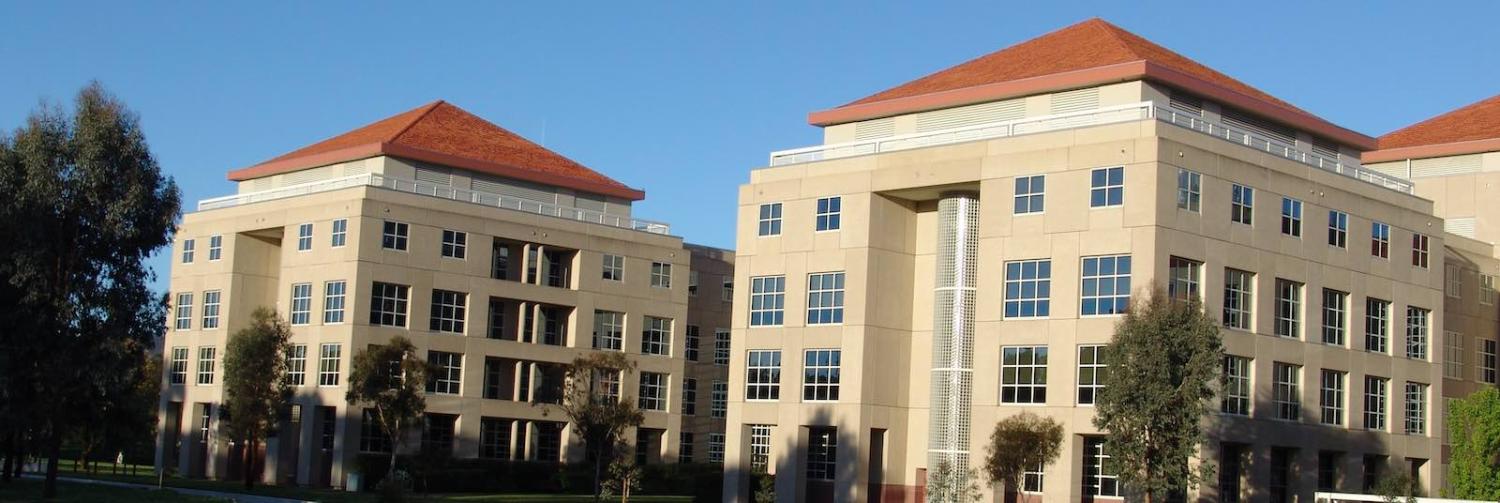Australia’s decision on 28 January to formally recognise Juan Guaidó as interim President of Venezuela is a reversal of previously long-standing government policy to only recognise States and not governments.
Adopted by the Hawke government following a Cabinet decision in 1988, that policy has been followed by successive governments ever since. Foreign Minister Marise Payne, however, gave no indication in her January media release of a policy change. All that was said was that Australia was now supporting “the President of the National Assembly, Juan Guaidó, in assuming the position of interim President, in accordance with the Venezuelan constitution and until elections are held.”
Is Australia now indicating that it may withdraw recognition of a foreign government that it disapproves of?
It remains unclear whether Australia’s support for Guaidó is conditional on elections being held in a timely manner. Nicolás Maduro had been re-elected to a second five-year presidential term as recently as May 2018. He is still clinging to office and fresh elections have not yet been called.
The Australian policy change needs to be seen against a background where the recognition of new States is critical for the proper conduct of international relations and has diplomatic and legal implications. Throughout the 20th century, however, a practice had emerged of separately recognising both States and governments. The result was that on every occasion there was a change of government there was a need to formally recognise that change.
This approach had some merit post-1945 as it allowed for flexibility in whether certain regimes would be recognised while retaining ongoing recognition of the State as an entity in international law. However, with the end of the Cold War previous practices became outdated and cumbersome.
To bring greater legal certainty and to remove politicisation of the recognition of governments, international practice began to favour the recognition only of States and not States and governments. Hence, in 1988 Foreign Minister Bill Hayden stated that:
The adoption of the new policy will make it easier for the Government to indicate to a new regime to what extent it is prepared to do business with it, and to do so in a less dramatic way than sometimes occurs under the present practice.
Australia’s 1988 policy change had immediate consequences with respect to Afghanistan, Burma, Cambodia, and Fiji. Australia’s only concern then was the continuation of those States for the purposes of international law, and not the legitimacy of the regime. With the emergence of Timor Leste in 2002 and South Sudan in 2011, Australia has, consistent with the policy, granted recognition to those new States and not to governments.
Why then has Australia changed its policy on the recognition of governments and what are the implications?
Juan Guaidó declared himself Venezuela’s interim president on 23 January and immediately gained recognition from the US, Canada, and from many Latin American neighbours. Following Australia’s decision, Austria, the Czech Republic, Denmark, Germany, Estonia, Finland, France, Latvia, Lithuania, Luxembourg, the Netherlands, Poland, Portugal, Spain, Sweden, and the United Kingdom followed in a coordinated decision on 4 February to also recognise Guaidó’s interim presidency. China and Russia, however, are standing firm and argue it is a domestic political matter and have refused to become involved.
Interestingly, New Zealand has not followed Australia’s position, with Foreign Minister Winston Peters stating on 28 January that “it is not New Zealand’s practice to make statements of recognition of governments”. Up until January, this was clearly Australia’s position also.
The 1988 Cabinet decision expressly endorsed a view that “Australia no longer recognises (or declines to recognise) Governments of existing States. In the future, Australia will no longer announce that it recognises, or does not recognise, a new regime in an existing State.”
In the case of Venezuela, this raises interesting questions. What is the status of the Venezuelan Embassy in Canberra? Are Venezuela’s diplomats only recognised if they support Juan Guaidó?
Australia’s policy change has ramifications beyond Venezuela. It has implications for every other State that Australia recognises and has diplomatic relations with. Is Australia now indicating that it may withdraw recognition of a foreign government that it disapproves of? If so, what are the criteria? The implications for Australia’s bilateral relations are significant.
For example, in Australia’s immediate region there are important elections scheduled in Indonesia and Thailand. Further afield, an election is scheduled for Israel in April. Does the new policy mean that Australia may not recognise new prime ministers or presidents elected following those processes if there are concerns about electoral irregularities? Or if an existing leader refuses to step down following a contested election will recognition be withdrawn? What if there is a popular movement for democratic change to oust an existing leader? Is Australia now signalling that it may give its official support to a political leader opposed to the established regime?
The Morrison government needs to urgently clarify the position regarding recognition of governments lest there develop confusion and uncertainty regarding Australia’s recognition policy. The previous long-standing policy served Australia well. There has been no justification given for the change in policy, yet the implications for Australian foreign policy could be momentous.
